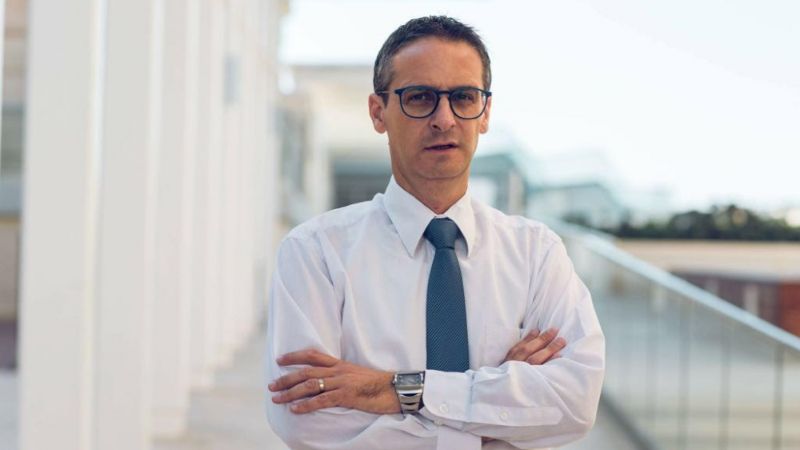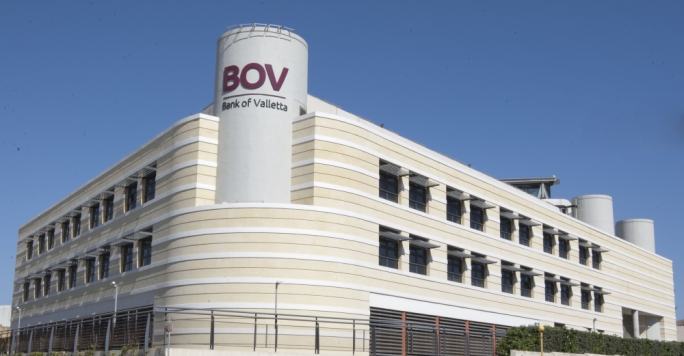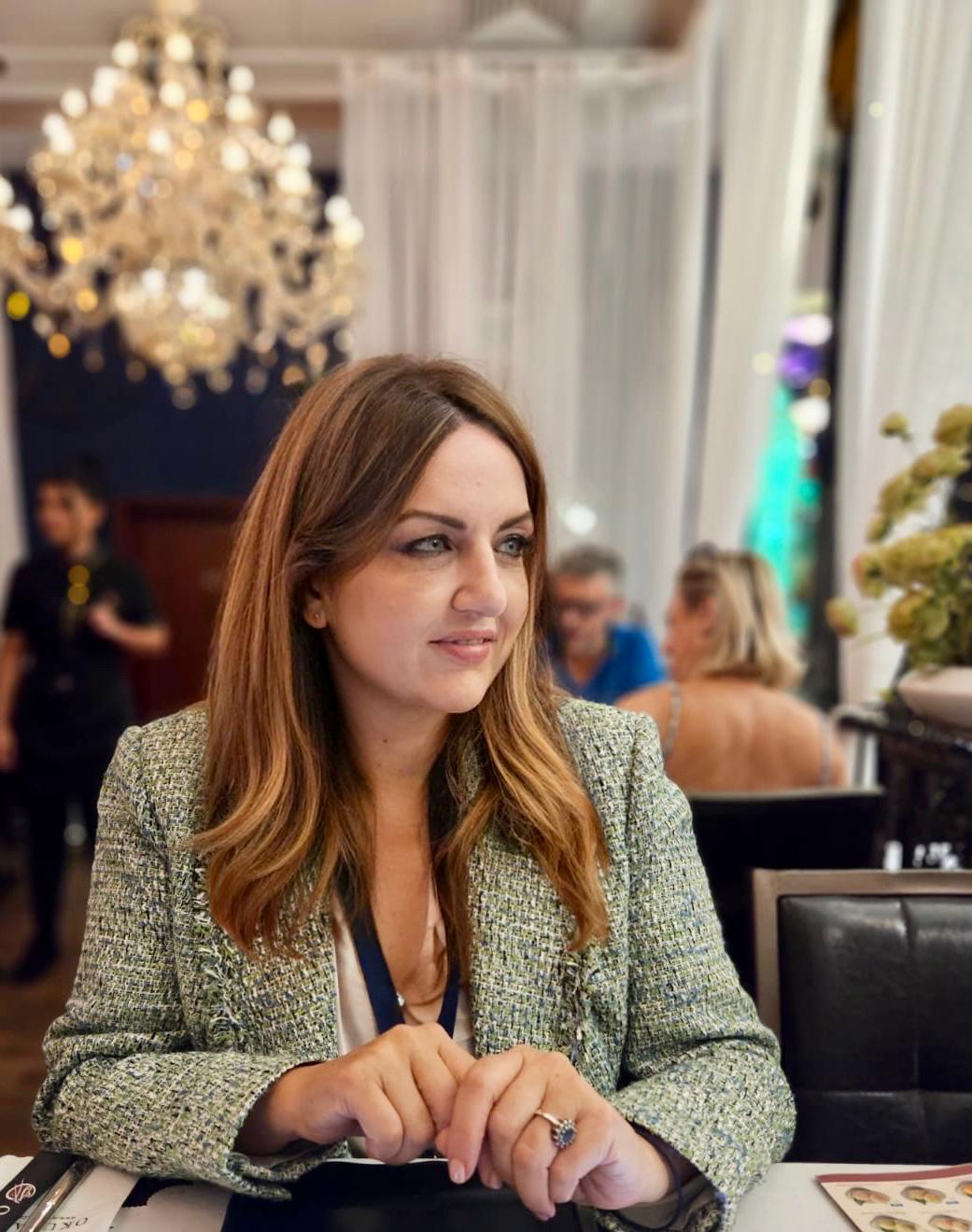James Grech, a longstanding member of Bank of Valletta’s board of directors, has initiated urgent court proceedings after he was practically locked out of any further participation in board meetings.
Grech is asking the court to issue a prohibitory injunction stopping the bank from implementing a “new policy” aimed at barring his further participation in the bank’s top decision-making body.
Through a company announcement, the bank’s Board of Directors said it had recently approved a policy whereby a director of the bank who has ongoing legal procedures against the bank or any of its subsidiaries while still in office shall immediately withdraw from participating in board meetings while the case is still ongoing in court.
The bank said that while this new policy is to be implemented “with immediate effect”, it also referred to Grech, who started separate court proceedings against the bank earlier this year.
Thus, according to this new bank policy, Grech has been asked to conditionally withdraw from all future board meetings until such legal actions against the bank persist.
According to the bank, this is due to Grech’s claimed conflict of interest.

James Grech
It is not known whether this new policy has the approval of the regulatory authorities. The bank said the regulators “have been informed”.
The Shift is informed that the Court will decide whether to issue a permanent injunction against the bank’s lock-out of Grech next week after upholding it temporarily until the case is heard.
Earlier this year, The Shift reported court proceedings started by Grech against Bank of Valletta seeking compensation on claims of “lies, manipulation and false declarations” by senior board officials and bank executives.
Grech is insisting that back in 2019, as part of a new regulatory framework introduced by the European Central Bank, an annual ‘Individual Suitability Report’ had to be carried out by the bank on all individuals forming part of the board, when then-Chairman Deo Scerri and other members of the board acted irregularly in his regard.
He accused the bank of acting unprofessionally and making false declarations about him to the regulators. He also sued the bank for breaching data protection laws.
BOV is denying all claims but failed to issue a company announcement at the time when it was taken to court by one of its directors.
James Grech has been on the board of BOV since 2004 and is elected by the shareholders in annual general meetings through a vote.
Apart from also being a senior employee of the same bank, he had also contested the MEP and the last general elections on behalf of the Labour Party.
Grech was also appointed Chairman of Gozo Channel (Holding) Ltd by Prime Minister Robert Abela.
BOV is currently led by government appointee Gordon Cordina, the owner of a consultancy firm that receives tens of thousands of direct orders from the government and its agencies annually.














Clash of the TITANS
Fat Wallet Titans
Mr Grech has been a long time employee of the Bank and an employee who has always sought the interest of the Bank and its staff irrespective of their political belief. In other words during these years he gave a very valid contribution. The actions taken by the Board of Directors is a complete shame. Afer all where was the Data Protection. Hope that this issue is decided in a short period of time and justice prevails
The HORSE thrown back to the Greeks over the bastions of TROY.
You are right, Helen is not in this drama.
A director is appointed by the shareholders and it is the shareholders who can remove him.
In my opinion this is a question of ethics and independence which should be based on an appropriate GENERAL policy adopted by the board for adherence by EVERY member of the board and which policy has to be renewed every year with the appointment of the new board at the Annual General Meeting.
Directors represent shareholders and stakeholders and these should themselves be protected by statutory codes of ethics and independence in the interest of good governance.
The Board of Bank of Valletta with such actions is creating a deceptive narrative that shields them from scrutiny. They are trying to manipulate perceptions making it challenging for people to discern the truth. Such strategy not only masks their misdeeds but also erodes trust in the decision making process. Transparency and honest communication are essential in order to uphold ethical standards. Hopefully they understand that they need serious training on Corporate Governance.
BOV is sending a message that it will not allow criticism, much less whistle blowing. If they were genuine and proportionate they would have stated that the relative director will not be allowed to participate during discussions regarding his case only. True to its past character, under different chairmen and administrations, BOV has always acted high handedly, almost Stalinist in methods. Remember when they cancelled my credit card over my stand regarding La Valette Property Fund. Or when they wanted shareholders to submit questions in writing beforehand during AGMs . A bank board that took advantage of COVID conditions to pass a resolution to install a Directors’ Profit Sharing Scheme whilst the shareholders got no dividends. A Bank that threw away Euro 150 Million in the Dieulemar matter out of reckless negligence that then caused the Bank to raise Euro 200 million in bail in able bonds at the rate of 10% interest. This same bank that took millions in cash from Gaddafi. That was charged millions in fines by FIAU. That acted as the correspondent bank of Pilatus. A corrupt organisation from the core although this does NOT refer to the rank and file of its employees who are honest loyal and do their best.
Since 2013 and the scandals that followed – my trust in bov is ZERO.
All ado about nothing.
The implementation of such policy that requires a director to withdraw from Board meetings during ongoing legal proceedings may raise serious concerns about potential efforts to limit James Grech’s participation and influence within Bank of Valletta. This situation can indeed give the serious impression of attempting to restrict or silence a director who is involved in legal actions against the organisation.
Such actions are certainly punitive and retaliatory which breach corporate governance principles, fairness and the protection of directors rights.
This case certainly merits full attention not only by the shareholders and regulators but also by the customers of Bov. Such bad treatment to a long serving Director says it all putting into context the deteriorating service that is evident in the manner that customers are treated. The most worrying thing is that this Bank always portrays itself that they never do any wrong doing. Well the Falcon Funds saga, the Deuilimar saga, the FIAU fines and also the court cases that the bank has lost with regards to employees that sought their rights for discrimination are all facts chiselled in stone. Will certainly follow this case with due attention and hopefully justice shall prevail.